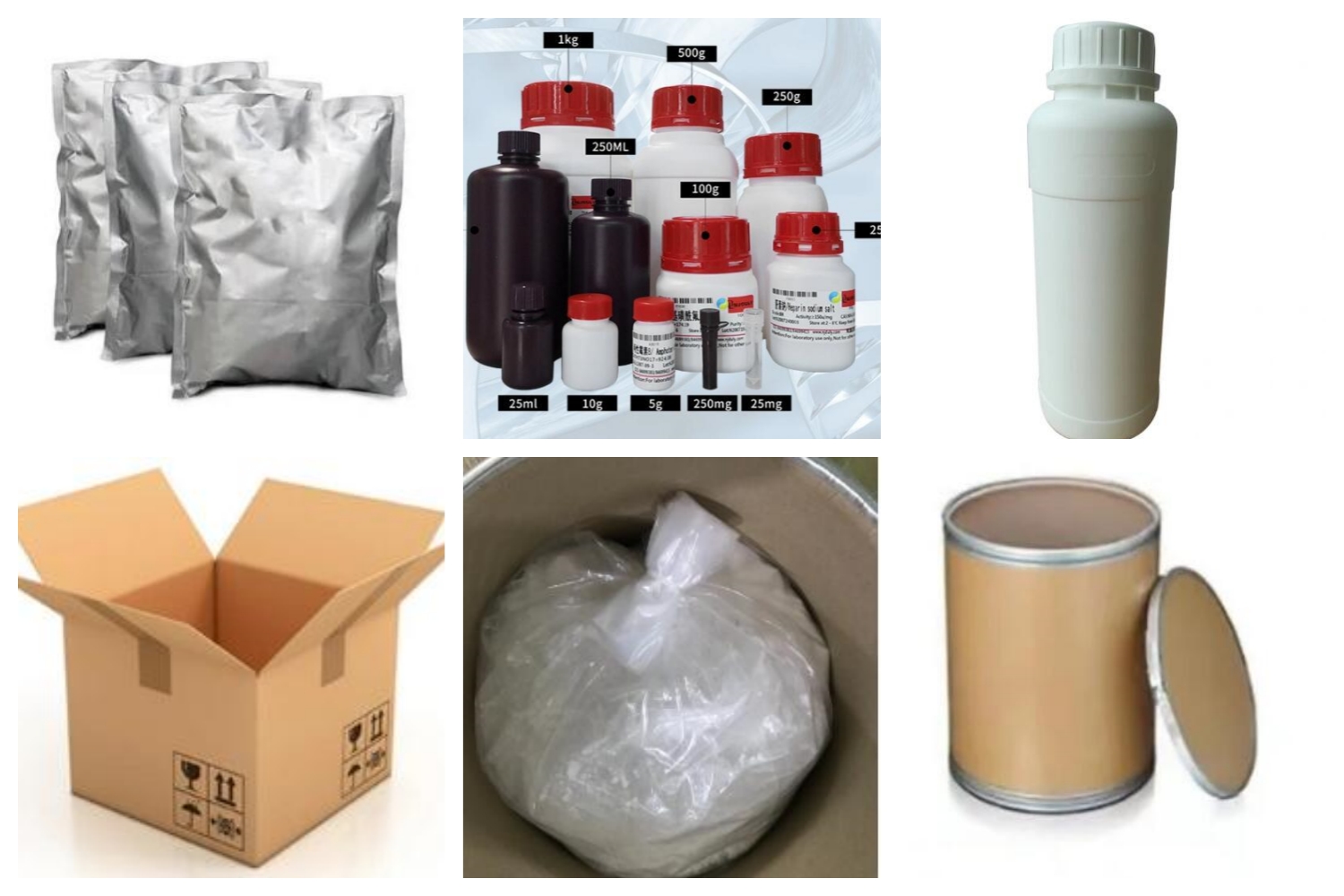Rapamycin from Streptomyces hygroscopicus CAS:53123-88-9
Immunomodulatory Effects: Rapamycin inhibits the activation and proliferation of T-cells, which are crucial for immune responses. This immunosuppressive effect makes it useful in organ transplantation to prevent rejection.
Anticancer Activity: Rapamycin has shown potential as an anti-cancer agent. It inhibits the protein mTOR, which is involved in cell growth and division. By targeting mTOR, rapamycin helps control the excessive growth of cancer cells. It has been studied for various types of cancers, including breast, prostate, lung, and renal cell carcinoma.
Treatment of Rare Diseases: Rapamycin has been approved for the treatment of certain rare diseases, such as lymphangioleiomyomatosis (LAM) and tuberous sclerosis complex (TSC). These conditions involve abnormal growth of cells in various organs, and rapamycin helps control the symptoms and progression.
Anti-Inflammatory Effects: Rapamycin has demonstrated anti-inflammatory properties. It can inhibit certain immune cells and inflammatory proteins, which may be useful in conditions involving chronic inflammation, such as autoimmune diseases.
Neurological Disorders: Research suggests that rapamycin may have potential in treating neurodegenerative diseases like Alzheimer's disease and Parkinson's disease. It has shown neuroprotective and anti-aging effects in preclinical studies, but further research is needed.
Anti-Aging and Longevity: Rapamycin has gained attention for its potential in extending lifespan and promoting healthy aging. It has been studied in various organisms, and results have shown increased lifespan and improved healthspan.

| Composition | C51H79NO13 |
| Assay | 99% |
| Appearance | White powder |
| CAS No. | 53123-88-9 |
| Packing | Small and bulk |
| Shelf Life | 2 years |
| Storage | Store in cool and dry area |
| Certification | ISO. |









